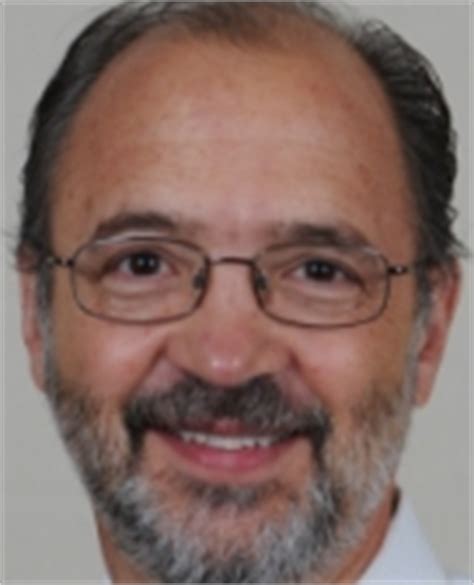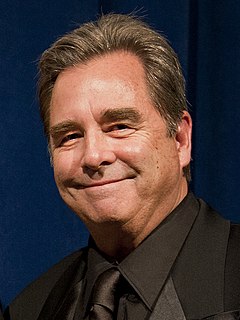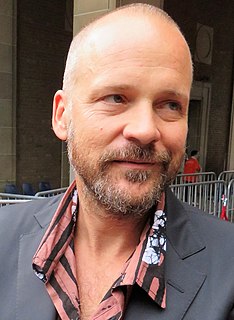A Quote by Lenny Abrahamson
Established actors will challenge you if they don't agree with the way you are taking it, and you have to argue it. But with a younger cast, they are more likely to wonder whether what they are doing is okay instead of trying to second guess the director. That helps push you.
Related Quotes
I guess I say this for younger actors out there: you have to be brave, and you have to be ready to fail, and that's the only way you can be unique. So when a director is confident enough in what they're doing, and they allow their actors to be brave and bring in stuff, the more likely it's going to work out okay.
When discouraged some people will give up, give in or give out far too early. They blame their problems on difficult situations, unreasonable people or their own inabilities. When discouraged other people will push back that first impulse to quit, push down their initial fear, push through feelings of helplessness and push ahead. They're less likely to find something to blame and more likely to find a way through.
Normally, filmmakers would just write a script and cast people to act as certain characters in the story. But in my way of doing things, I have the actors in my mind already, so I'm trying to borrow something that's unique to them. The characters have a very natural connection to the actors themselves.
In the case of a man and a woman [accused of commiting a crime together], both will often agree to the man taking the rap despite the man being more likely to receive a longer sentence and more likely to be raped in prison. If blacks were agreeing to do that for whites, the black community would be smart enough to call that 'learned subservience.'
To go into more specifics regarding actors, whether they're from Korea or the U.S., all actors know if they are loved by the director. When they feel that love from the director, they respond by giving a great performance on camera. Also, everyone on set - the crew, the actors - they were aware of the film's message and its broad theme, so these big issues were never discussed on set.
Your actors need to trust you as a director, but normally, I think you just need to have an open communication between the actors and the director. I think the director needs to really paint his or her vision to the cast and let them know the kind of mood that he or she is making. I think that's very important.
Some actors, and especially the younger actors, they come into the job with a lot of attention on how they behave and everything when they're not working. Sometimes that can be unfortunate because the work call is pretty intense and the preparation for it. If your focus is there, then the actual doing of the job will be fun and enjoyable. But if you're so involved in trying to be interesting and a character and everything when you're not working, it can get in the way and people get goofed up.
Directors are always changing things at the last minute. Actors will do a scene, and the director will say, ‘Okay, that was perfect, but this time, Bob, instead of saying “What’s for dinner?” you say, “Wait a minute! Benzene is actually a hydrocarbon!” And say it with a Norwegian accent. Also, we think maybe your character should have no arms.
If current trends continue, the typical U.S. worker will be considerably more productive several decades from now. Thus, one might argue that letting future generations bear the burden of population aging is appropriate, as they will likely be richer than we are even taking that burden into account.






































